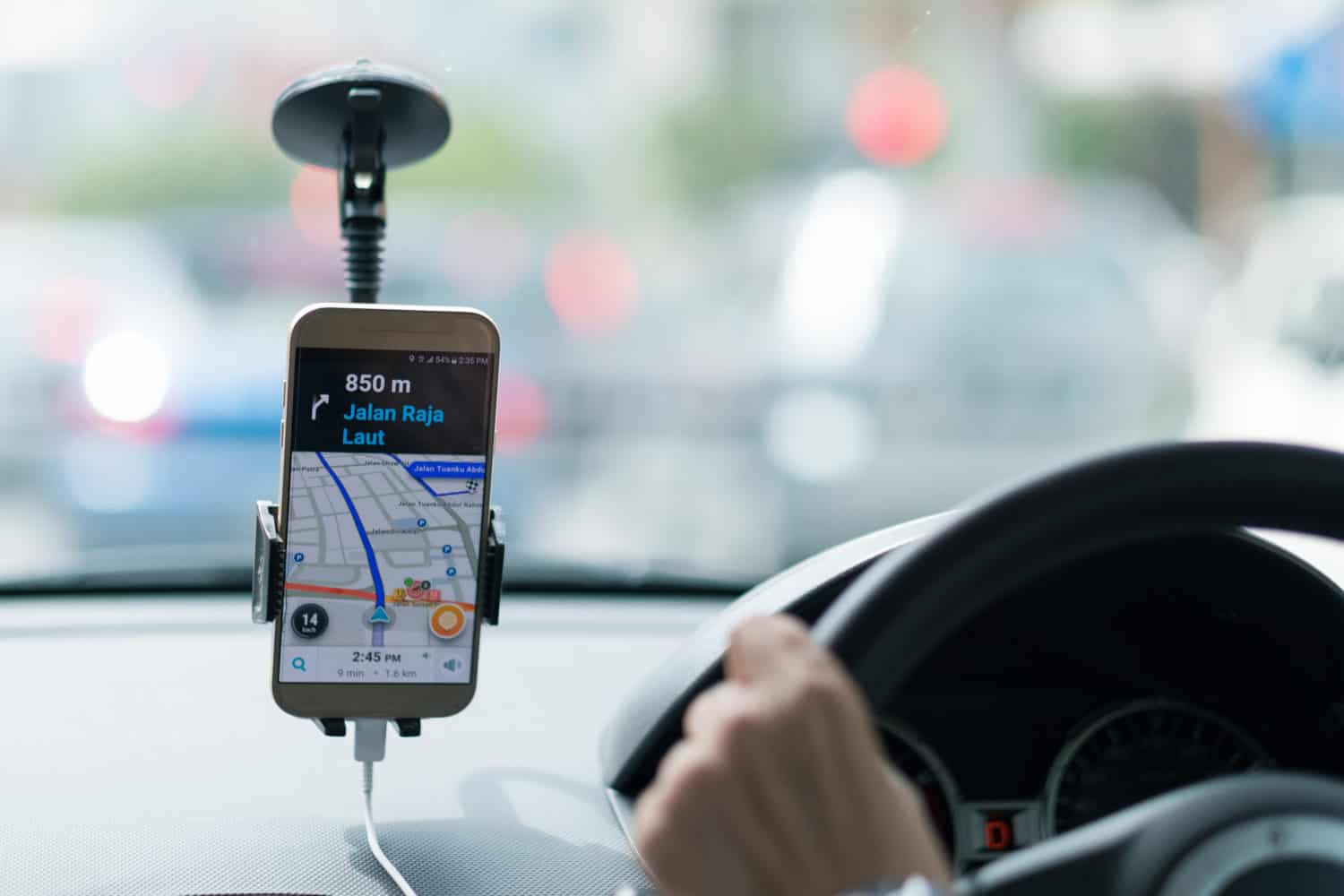 Lynch Carpenter LLP and Disability Rights Advocates (DRA) filed a class action lawsuit against Uber, challenging the popular ride-sharing service’s failure to make wheelchair-accessible vehicles available in the Pittsburgh area through its rideshare service.
Lynch Carpenter LLP and Disability Rights Advocates (DRA) filed a class action lawsuit against Uber, challenging the popular ride-sharing service’s failure to make wheelchair-accessible vehicles available in the Pittsburgh area through its rideshare service.
Today, Lynch Carpenter LLP and Disability Rights Advocates (DRA) filed a class action lawsuit against Uber, challenging the popular ride-sharing service’s failure to make wheelchair-accessible vehicles available in the Pittsburgh area through its rideshare service. The suit, brought by individuals in and around Pittsburgh, Pennsylvania, challenges Uber’s wheelchair-inaccessibility. The plaintiffs—four individuals who use wheelchairs—brought this action to end Uber’s discriminatory practices and policies.
Since launching its transportation service in San Francisco in July 2010, Uber has experienced explosive growth, has seized an ever-expanding market share from taxi companies, and is now a major provider of individual transportation services in over 450 cities in the United States, including Pittsburgh. However, Uber, a multi-billion-dollar company, does not provide wheelchair-accessible transportation in and around Pittsburgh, in violation of the Americans with Disabilities Act.
Uber has been sued in cities around the United States for its violation of disability laws by failing to provide wheelchair-accessible service, yet it has continued its policy of denying that service.
Uber’s failure to make accessible vehicles available through its service denies people in Pittsburgh who use wheelchairs access to reliable, on-demand transportation that could drastically improve their lives, enabling them to travel to a wider variety of destinations without having to rely on transportation via expensive and unreliable taxis, unreliable paratransit, and limited public transit. It would enable them to travel spontaneously, without having to schedule transportation hours or even days in advance. Unfortunately, Plaintiffs and members of the class are excluded from these benefits, and suffer real harm as a result.
For example, on multiple occasions Plaintiff Paul O’Hanlon has had to travel several miles by wheelchair when he has missed the last city bus. “By reason of my disability I am denied access to Uber’s on-demand transportation that allows others to move around the city on their own schedules,” he said. Similarly, Plaintiff Irma Allen must rely on her son for transportation, which requires him to take time off work and lose a day’s wages. Ms. Allen said, “My family and I are at a distinct disadvantage because Uber doesn’t provide wheelchair-accessible service. It’s not fair that we are being left behind while other folks are enjoying the benefits of Uber’s new technology.”
Michelle Iorio, Staff Attorney at Disability Rights Advocates, said, “Transportation can be a real challenge for people with mobility disabilities, who often don’t have access to their own vehicle and who frequently can’t depend on paratransit because it is unreliable. Accessible ride sharing would facilitate societal integration for persons with disabilities, and Uber’s failure to provide wheelchair-accessible service undermines this potential.”
Echoing this sentiment, Bruce Carlson, a founding partner at national class action firm Lynch Carpenter, LLP, noted: “Uber’s express business plan, as detailed in its regulatory filings, is to displace public transportation with its ride sharing services. The problem is that public transportation, where available, is largely accessible, but Uber’s ride sharing services are not. Uber wants to create a paradigm shift with respect to the provision of transportation services. But will the new paradigm realize the potential of exponentially increasing accessibility, or will it leave individuals with mobility disabilities behind?”
The lawsuit seeks modifications to Uber’s policies and practices to ensure that it makes wheelchair accessible vehicles readily available to persons who need them through its on- demand ridesharing services. Plaintiffs do not seek monetary damages.
In addition to the case filed today against Uber in Pittsburgh, DRA has filed cases against Uber in New York and California for their failure to serve riders who use wheelchairs. DRA has also filed a case against Uber’s competitor Lyft in California. These cases are critical to protecting the rights of wheelchair-users throughout the country.
A copy of the Complaint is available here.


